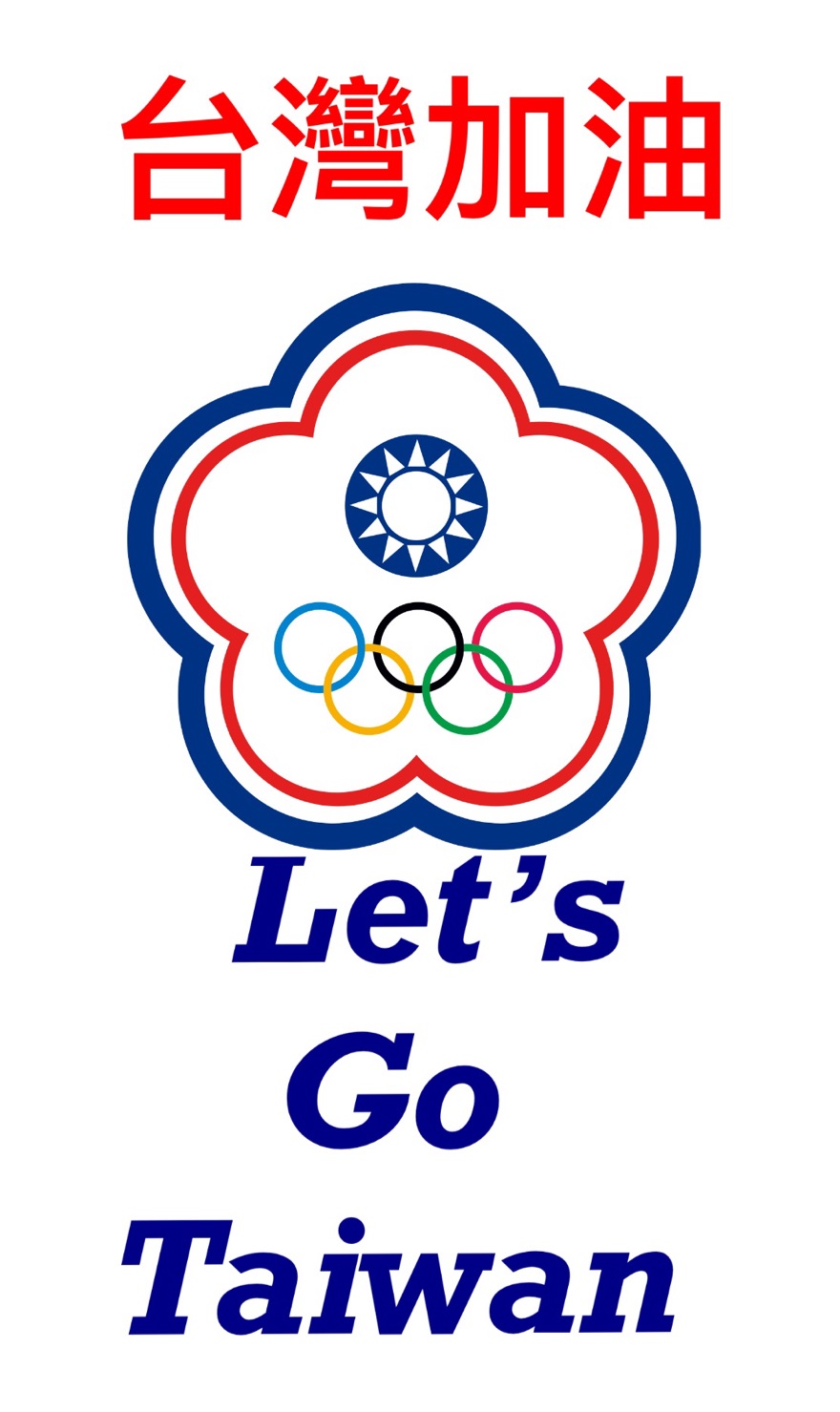

Taiwan does not compete in the Olympics as “Taiwan” or by its official name, the Republic of China. Instead, Taiwan participates as “Chinese Taipei,” due to its lack of United Nations membership. As “Chinese Taipei,” national symbols of Taiwan are also prohibited at Olympics events; it uses a special Olympic flag and its “flag anthem,” rather than the national anthem, plays during gold medal ceremonies.
Pro-sovereignty groups, which usually skew toward advocacy for Taiwanese independence, have long sought to contest this. In 2018, a national referendum was held concerning what name Taiwan should use at the Olympics, with pro-independence groups led by the Formosa Alliance advocating that Taiwan compete as “Taiwan” rather than “Chinese Taipei.” The Formosa Alliance, which was led by pro-independence social conservatives, later supported current President Lai Ching-te in his unsuccessful bid to challenge Tsai Ing-wen for the DPP’s 2020 presidential nomination.
The referendum was defeated by over 1 million votes, with the public likely persuaded against voting in favor of a name change because of the possibility that this would lead to Taiwanese athletes being banned from participating in the Olympics entirely. This result correlates with polling that consistently shows the Taiwanese public prefers maintaining the status quo to any formal declaration of independence because it does not wish to risk Chinese military retaliation.
Even so, Taiwanese fans sometimes try to show their support for “Taiwan” more explicitly. During the Paris Olympics, a number of incidents of Taiwanese spectators have had signs taken away from them in incidents that angered Taiwan’s public.  The most widely discussed incident involved a Taiwanese fan holding a Taiwan-shaped banner that read “Go Taiwan” (台灣加油). The sign was forcefully grabbed from her by a man wearing pink, thought to be a Chinese national. The incident was condemned as an act of violence by Taiwan’s Ministry of Foreign Affairs, with Taiwan’s representative office in France stating that it would be filing a complaint through official channels.
The most widely discussed incident involved a Taiwanese fan holding a Taiwan-shaped banner that read “Go Taiwan” (台灣加油). The sign was forcefully grabbed from her by a man wearing pink, thought to be a Chinese national. The incident was condemned as an act of violence by Taiwan’s Ministry of Foreign Affairs, with Taiwan’s representative office in France stating that it would be filing a complaint through official channels.
The fan in question, a Taiwanese student studying in France, stated that security had allowed her to bring the banner in because it did not feature the ROC flag. However, later incidents involved individuals reportedly having other signs or objects – including a towel that read “Taiwan” and a sign using the zhuyin fuhao transliteration system that is used in Taiwan but not China – confiscated from them at Olympic events.
Taiwanese who had signs confiscated and later spoke to the media stated that they had observed Chinese individuals watching them and reporting their signs to Olympics security.
The Washington Post asked the IOC for clarification on why the signs were confiscated. The IOC’s press office declined to provide details, but “directed The Post to a set of terms that says spectators are not allowed to carry banners ‘that include a religious or political message.’”
Of the sporting events that Taiwan featured in at the Olympics, none attracted more attention than the badminton men’s doubles finals, which featured a match-up between Taiwan’s Lee Yang and Wang Chi-lin versus China’s Liang Weikeng and Wang Chang. Though Lee and Wang were defending gold medalists, Liang and Wang are the No. 1 ranked duo for the sport.
The match drew attention not only as a contest between Taiwan and China, but because it was one of Taiwan’s last chances to win a gold medal in the 2024 Paris Olympics. (Lin, the boxer, will have a chance to win gold if she defeats her opponent on August 7.) As such, fans gathered by the thousands in urban centers of Taiwan to watch. Some 3,000 people gathered at Taipei Main Station for a viewing event that saw visits from DPP politicians such as Premier Cho Jung-tai, while more than a thousand gathered outside of a mall in the southern city of Tainan for another event.
With Lee and Yang victorious after a hard-fought 76-minute game, both DPP and KMT politicians quickly congratulated the duo, including President Lai Ching-te of the DPP and KMT chair Eric Chu.
Still, even this victory attracted controversy. KMT legislator Weng Hsiao-ling posted a message on Chinese social media platform WeChat labeling Lee and Wang “the pride of the Chinese people.” When questioned by media, Weng elaborated by stating, “We are all Chinese. Whether the Taiwan or the mainland team wins, both are the pride of the Chinese people.”
Taiwanese victories over Chinese athletes have proved contentious in the past, particularly for Taiwanese entertainers working in the Chinese market. When Taiwanese badminton player Tai Tzu-ying lost to China’s Chen Yu-fei in the 2020 Tokyo Olympics, singer-songwriter Jolin Tsai came under fire from Chinese fans after posting on social media that she wanted to give Tai a hug.
Likewise, when Lee and Yang first won gold for Taiwan in the 2020 badminton men’s doubles, television host and actress Dee Hsu was criticized for referring to Lee and Yang as “national champions,” something that angry Chinese netizens perceived as suggesting that Taiwan was a separate country from China. The resulting controversy led companies such as drink brand Shouquanzhai, shampoo brand Clear, and fashion brand JORYA to pull sponsorship deals with Hsu.
It is to be seen whether there are similar controversies with the 2024 Paris Olympics as well, especially given the perception in China that Lee and Wang are pro-independence. Both took to social media after their 2020 win to emphasize that they are from Taiwan and proud of it.




No comments:
Post a Comment
Note: Only a member of this blog may post a comment.